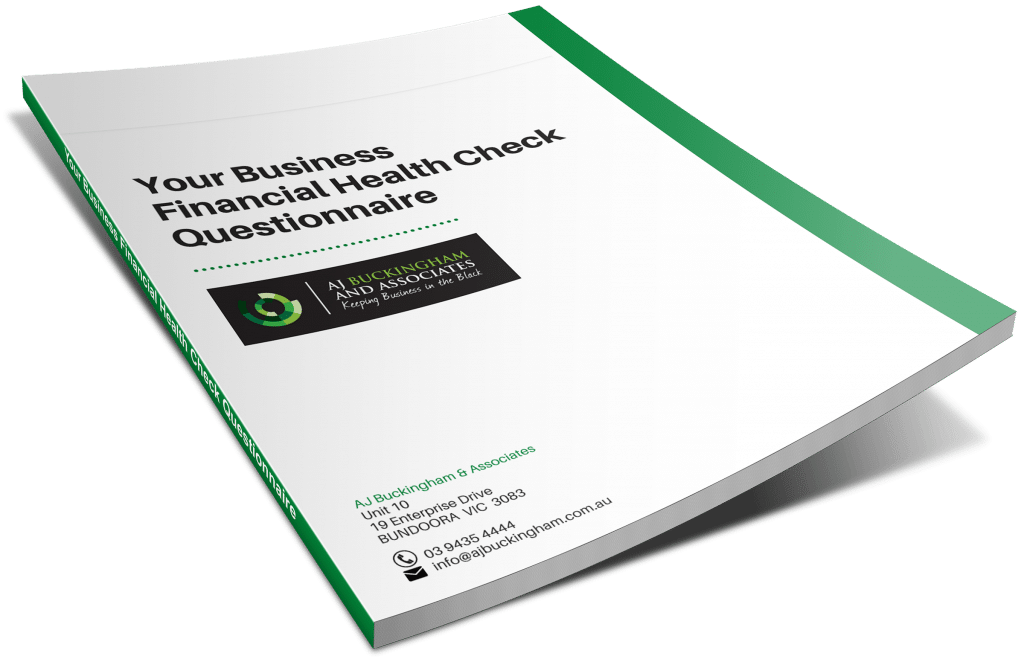The recent WannaCry Ransomware attacks have highlighted real consequences for businesses of all sizes who do not have Cyber Security processes in place.

As a small to medium sized business, you may think you are too small to be of interest to hackers. In reality, you are their ideal target. Ransomware attacks often impact individuals or small and medium sized businesses who are less prepared to defend against such an attack.
The recent high-profile infection of ransomware ‘WannaCry’ made headline news in over 100 countries because once this infection was in a network, it spread through the entire system on its own. This means you don’t have to be big enough to catch a hacker’s attention, as the virus is designed to spread to as many computers as possible, without consideration of size or type of business.
What is Ransomware?`
Ransomware is currently the biggest cyber threat to small to medium businesses. Ransomware, such as that used in the recent WannaCry attack, hacks the files on your computer system and blocks your access to them. They then demand a ransom (usually to be paid in BitCoin) for the release of your files.
Why should I worry about Ransomware as a small to medium business owner?
What would happen if you lost every file on your business computer system? Would you be able to continue to run your business? How much revenue would you lose while you rebuilt your files and systems?
Would confidential data about your customers and business be in the hands of hackers? How would that effect your reputation? What would happen if that data was released to your competitors? The answer to all those questions, is why you should worry about Ransomware.
According to the Telstra Cyber Security Report 2017, 60 per cent of Australian businesses experienced a ransomware incident last year. Of these incidents, 57 percent paid the ransom – but at least one third of those did not recover the impacted files.
How do I Protect My Business From Ransomware?
There are a number of simple things you can do that will go a long way towards protecting your business from cyber threats such as ransomware.
- Back up your data regularly. This should be done on a device not usually connected to your network, or else you run the risk of having your backup infected too. Use an external hard drive, that is disconnected from your network when it is not actually in the process of backing up your files.
- Keep your key systems and software up to date including operating systems, browsers and applications. How many times have you seen a pop-up on your computer stating “There is an update available for XXX software”, and you’ve thought “I don’t have time for that now”? These updates often include cyber security measures designed to protect your computer, so you should always accept the updates as soon as possible.
- Have security software (i.e. antivirus) installed on your computer. Again, maintain this software and install software updates as they become available.
- Malicious software such as ransomware is often downloaded via malicious emails, so be cautious before opening attachments or links on any suspicious email. Be wary of emails from unknown senders or where contact is out of context (they wouldn’t usually contact you via work email) or the email is simply unusual (blank with only a link/attachment)
Remember to apply these measures at home as well as work and finally, like the flu, viral software does not discriminate. These types of attacks will infect any network it gains access to, regardless of what type of business you have. Practicing good cyber “hygiene” using these simple, convenient and low cost tactics, could save you a lot of money, frustration and heartache in the future.
IMPORTANT DISCLAIMER:
This newsletter does not constitute advice. Clients should not act solely on the basis of the material contained in this newsletter. Items herein are general comments only and do not constitute or convey advice per se. Also changes in legislation may occur quickly and we therefore recommend that our formal advice be sought before acting in any of these areas. This newsletter is issued as a helpful guide to clients and for their private information. It should be regarded as confidential and not be made available to any person without our prior approval.

